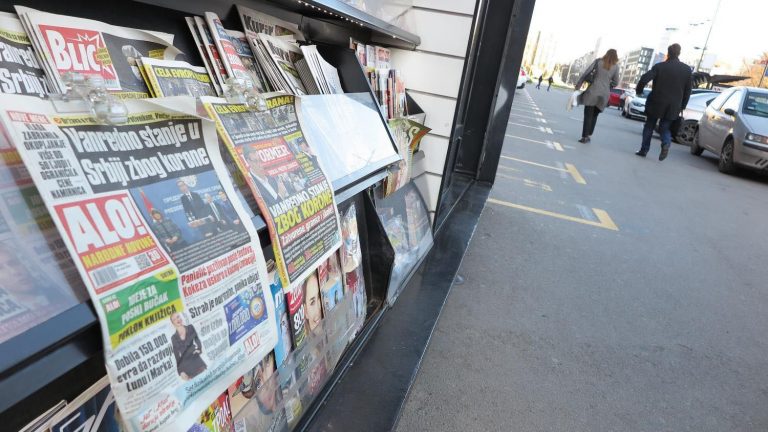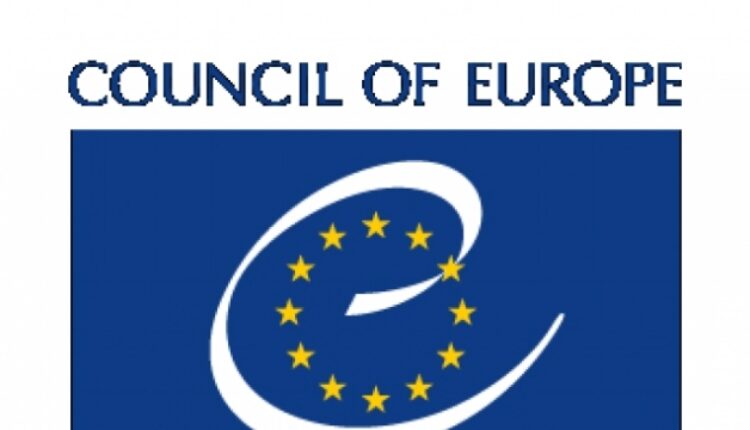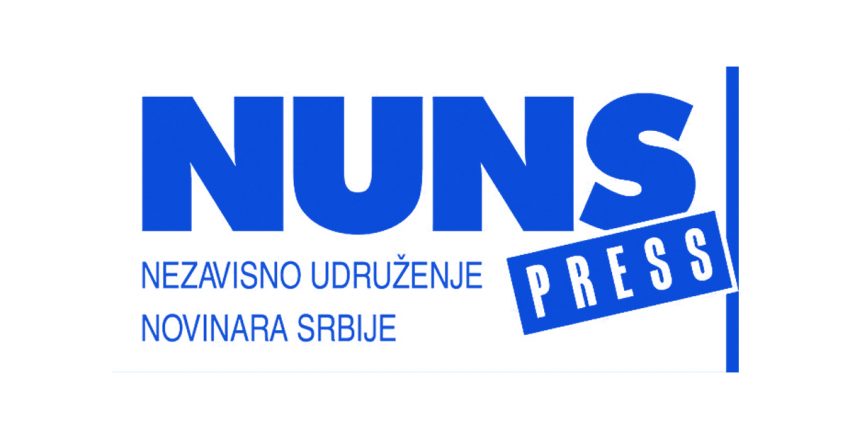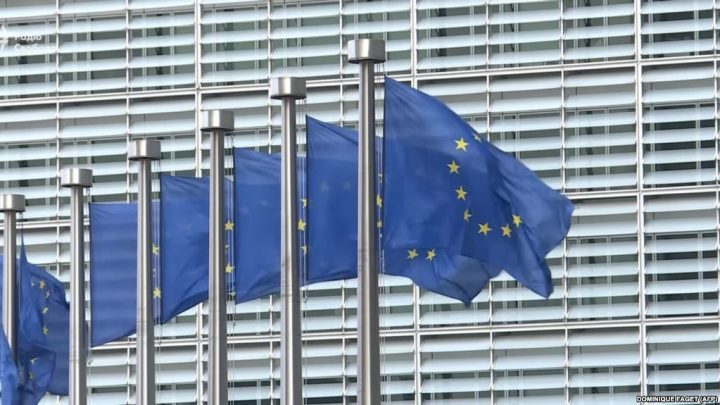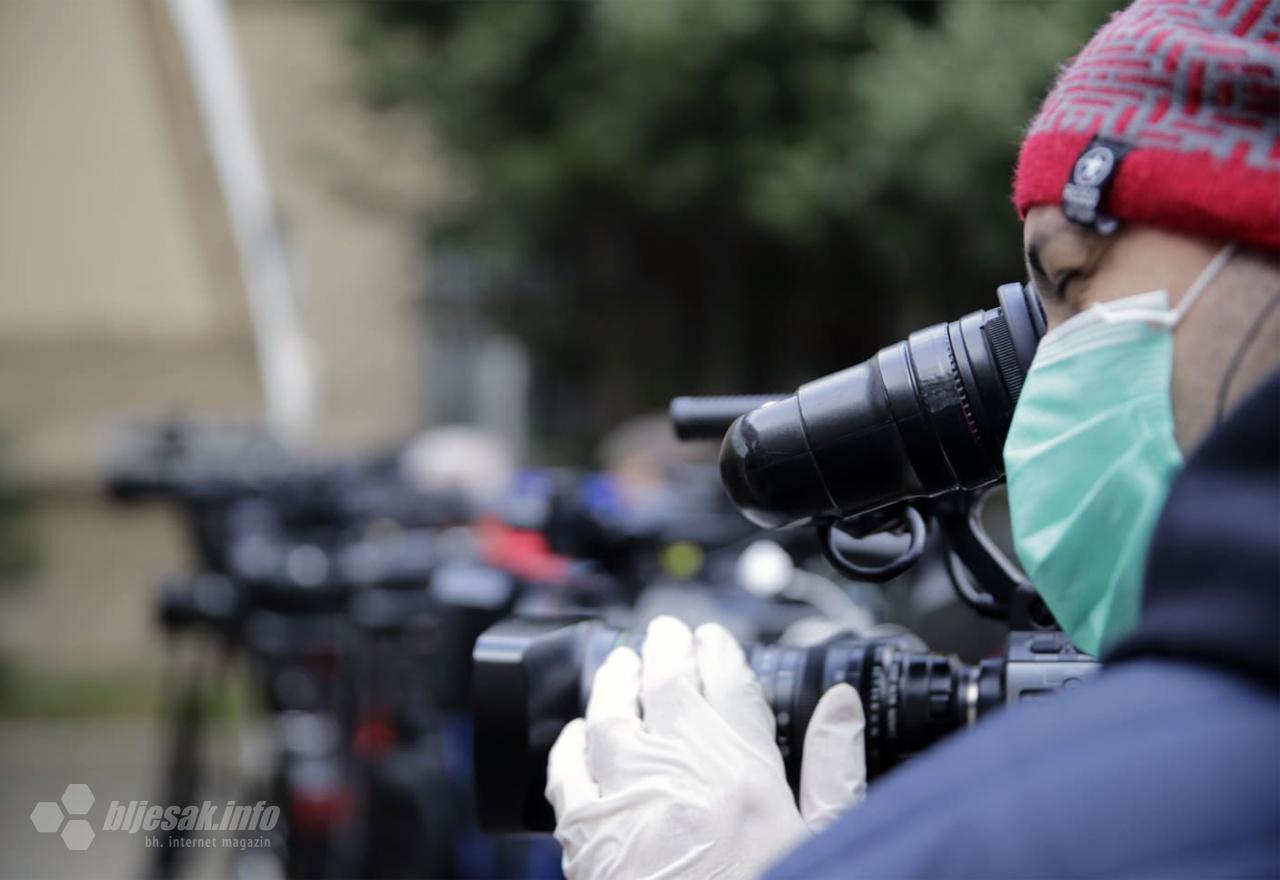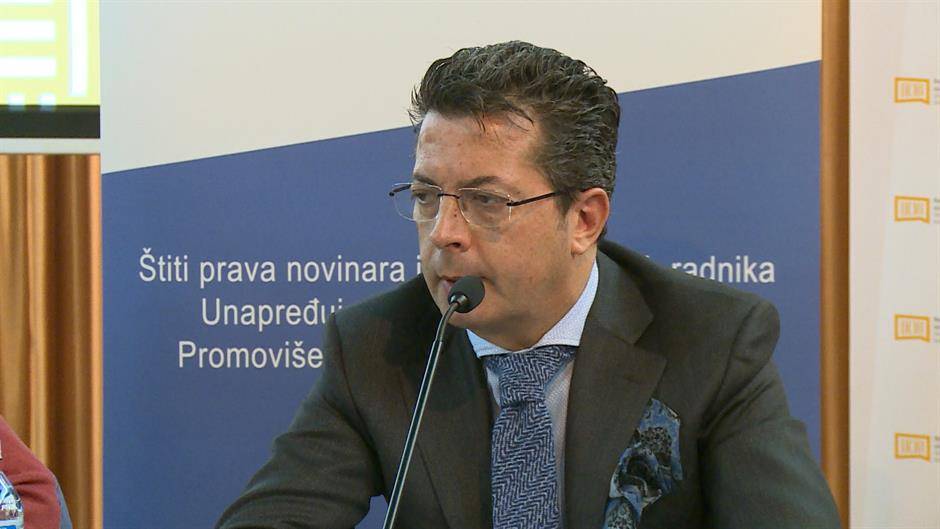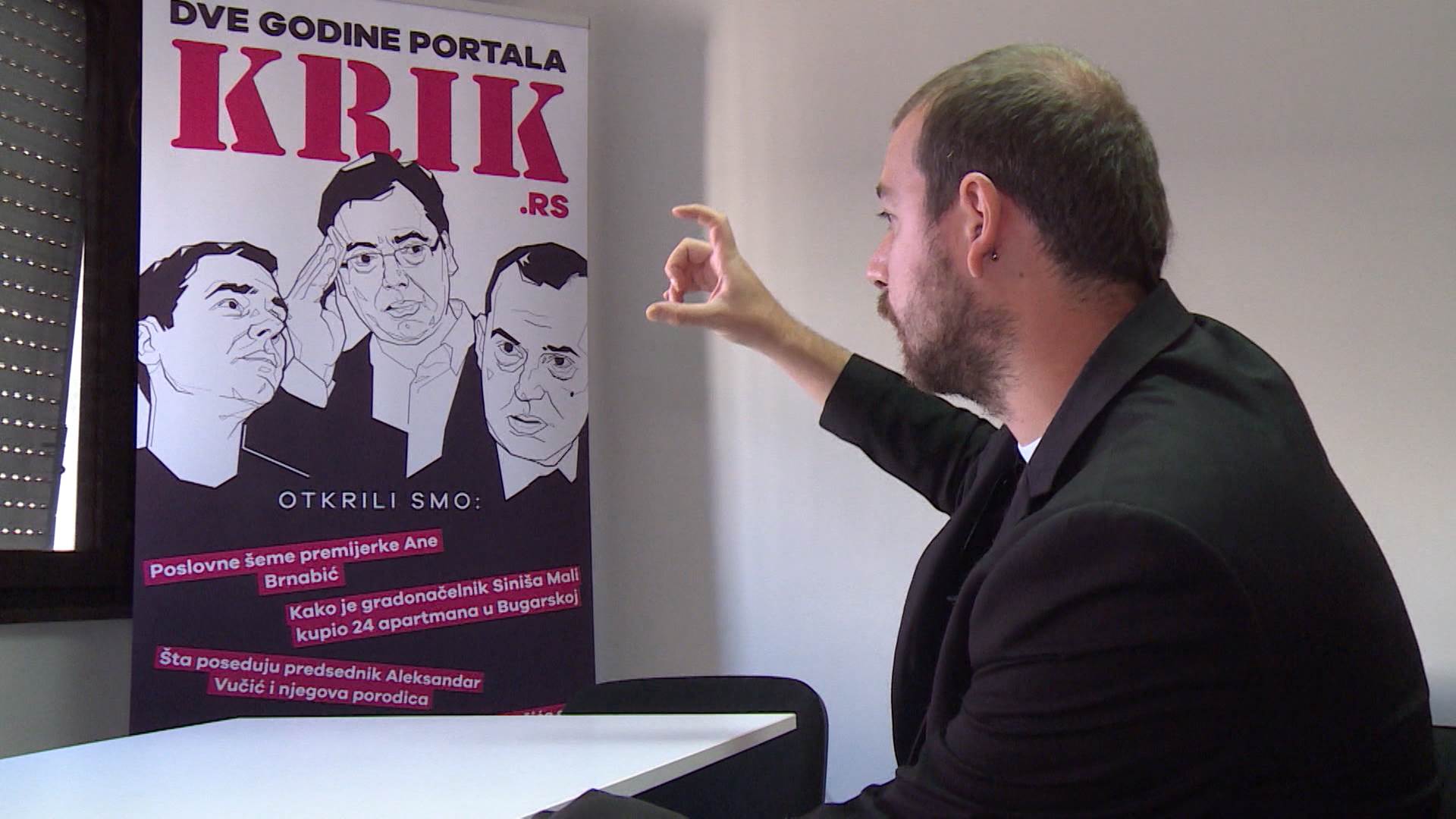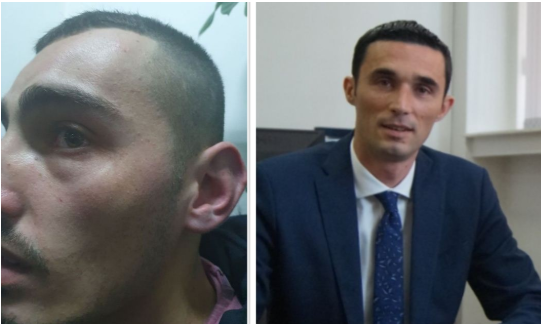BEOGRAD, 16.06.2020. – U svom najnovijem šestomesečnom radnom dokumentu o stanju u Poglavljima 23 i 24, takozvanom “non-pejperu”, Evropska komisija beleži nastavak pretnji, zastrašivanja i nasilja nad novinarima, a navodi se i da je u toku prve polovine ove godine “uočeno neuravnoteženo predstavljanje pluralizma političkih stavova na javnim medijskim servisima”.
Evropska komisija navela je da je Vlada usvojila medijsku strategiju u januaru 2020, i da je proces njenog pisanja bio inkluzivan i transparentan, kao i da se trenutno radi na akcionom planu na osnovu strategije.
Međutim, uprkos tome što je u maju sa Zaštitnikom građana potpisan sporazum o stvaranju platforme za registrovanje slučajeva pritisaka na novinare, u dokumentu se navodi da pretnje, zastrašivanje i nasilje nad novinarima nastavlja da zabrinjava, posebno na lokalnom nivou.
Dodaje se da je od 57 prijava u 2018, do kraja 2019. razmatrano 34, od kojih je 10 zaključeno.
Non-pejper takođe ističe pokušaj Vlade Srbije da centralizuje informacije tokom pandemije kovid-19 i hapšenje, a zatim nastavak pritisaka i zastrašivanja novinarke Ane Lalić.
“Govor mržnje i kampanja blaćenja prema novinarima nastavljeni su u periodu uoči izbora, prvobitno zakazanih za april”, stoji u dokumentu, a napominje se i da stalna odbijanja javih ustanova da objave informacije nastavlja ometaju rad novinara, prenosi Juropijen Vestern balkans.
Pored navođenja da je predstavljanje političkih stavova na javnim servisima neuravnoteženo, dokument takođe naglašava da je politički i ekonomski uticaj na medije zabrinjavajući, a vlasništvo netransparentno, i da su ovi problemi primećeni u medijskoj strategiji.
Navodi se da je nekoliko kompanija kupio Telekom Srbija, čiji je većinski vlasnik država.
“U jednom slučaju, izostanak sporazuma o produženju ugovora o distribuciji sa kablovskom televizijom doveo je do pada pristupačnosti različitih medija javnosti”, stoji u delu dokumenta, koji očigledno opisuje spor između Telekoma i televizije N1.
Dokument, takođe, navodi da se mora ojačati nezavisnost Regulatornog tela za elektronske medije kako bi se efektivno očuvao medijski pluralizam. Konstatuje se da je članstvo Saveta REM-a dopunjeno i delimično izmenjeno, da se počelo sa objavljivanjem redovnih izveštaja o medijskom izveštavanju tokom izborne kampanje, kao i da je osnovan Nadzorni odbor Narodne skupštine. “Pritisak na pravosuđe ostaje visok.
Vladini zvaničnici, neki od njih na najvišem nivou, kao i poslanici, nastavljaju da redovno komentarišu istrage ili sudske procese koji su u toku, kao i pojedine sudije i tužioce, a članci u tabloidnim novinama targetiraju i teže da diskredituju sudije i tužioce”, navodi se u non-pejperu.
Napominje se da je proces izmene Ustava zastao i da se čeka okončanje parlamentarnih izbora kako bi bio nastavljen. Kada je reč o nacionalnom programu za smanjivanje nerešenih predmeta, dokument njegov uticaj ocenjuje kao pozitivan, ali umanjen.
Broj rešenih predmeta smanjio se u 2019. u odnosu na 2018. Kada je reč o borbi protiv korupcije, navodi se kašnjenje u usvajanju izmenjenih Zakona o finansiranju političkih aktivnosti i Zakona o pristupu informacijama od javnog značaja, a napominje se da je usvojen novi Zakon o poreklu imovine, koji se mora primenjivati bez diskriminacije i koruptivnog uticaja.
Non-pejper ocenjuje da situacija u sektorima koji su posebno podložni korupciji ostaje uglavnom nepromenjena. U pitanju su javne nabavke, infrastrukturni projekti, zdravstvo, obrazovanje, prostorno planiranje i javna preduzeća.
Određeni rezultati su postignuti kada je reč o krivičnom gonjenju slučajeva korupcije, ali broj osuđenih za slučajeve visoke korupcije smanjen je se sa 50 u 2017. i 41 u 2018. na 30 u 2019. godini. S druge strane, broj presuda u slučajevima organizovanog kriminala je “neznatno porastao” sa 167 osuđenih u 2019. na 155 u 2018.
Konstatuje se da Srbija od juna 2019. više nije na “sivoj listi” država sa visokim rizikom pranja novca i finansiranja terorizma FATF-a. Radni dokument Evropske komisije pokrio je i stanje i u drugim oblastima koje spadaju u Poglavlje 23 o pravosuđu i osnovnim pravima i Poglavlje 24 o pravdi, slobodi i bezbednosti, kao što su osnovna prava, prava manjina, migracije, azil, vizna politika i borba protiv terorizma i ekstremizma.



